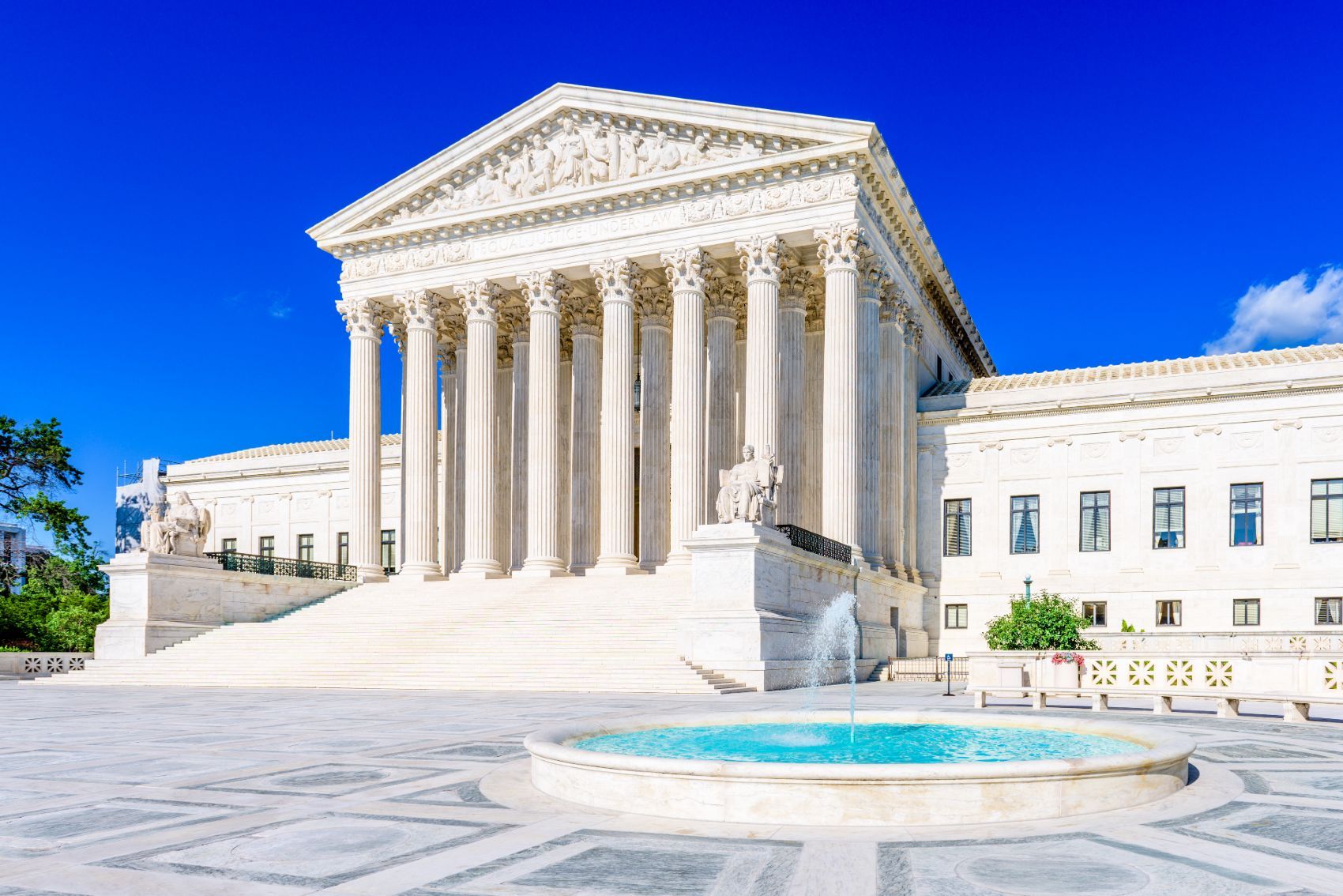Top Class Actions’s website and social media posts use affiliate links. If you make a purchase using such links, we may receive a commission, but it will not result in any additional charges to you. Please review our Affiliate Link Disclosure for more information.
It looks like the Affordable Care Act, also known as Obamacare or the ACA, may survive a Republican-led effort to overturn the nationwide healthcare law.
The New York Times reported Tuesday that the U.S. Supreme Court held a hearing by phone with lawyers about challenges to the law lodged by the state of Texas and other Republican states that argue the Affordable Care Act should be rendered unconstitutional because of its individual mandate.
The ACA’s individual mandate required Americans to have health insurance coverage, either through the ACA or their employer, or pay a penalty. The individual mandate was rendered toothless by Congress in 2017 when the penalty for not having insurance was reduced to $0.
Texas and other states reportedly filed a lawsuit, claiming the individual mandate is unconstitutional and the entire law should be struck down as a result.
A Texas federal judge agreed with the plaintiffs, reportedly ruling to gut the law; however, the 5th Circuit, while upholding the ruling that the individual mandate is unconstitutional, reportedly expressed misgivings about dumping the entire law.
The defendants, including California and other Democrat-led states, appealed the 5th Circuit’s ruling to the U.S. Supreme Court.
According to a Los Angeles Times report, there are three main ways the Supreme Court could rule.
First, they could uphold the initial ruling and toss Obamacare as unconstitutional.
Alternatively, they could find Texas and the other states who filed the lawsuit lack standing and toss the action entirely.
The Supreme Court could also sever the individual mandate from the ACA, ruling it unconstitutional while maintaining the rest of the law.
According to reporting by The Washington Post, the Supreme Court appears to be poised to take the last option, based on comments and questions by the justices during a Tuesday hearing.

Reportedly, the three liberal justices on the court are set to uphold the ACA, while the conclusions of the conservative judges were not clear.
The Washington Post noted Justice Kavanaugh and Chief Justice John Roberts appeared to think removing the individual mandate from the ACA was sufficient.
“I think it’s hard for you to argue that Congress intended the entire act to fall if the mandate were struck down when the same Congress that lowered the penalty to zero did not even try to repeal the rest of the act,” Justice Roberts reportedly pointed out during the hearing, noting he suspected Congress wanted the Supreme Court to take that role.
“… [B]ut that’s not our job,” he remarked.
The attorney representing the defendants who want to uphold the ACA reportedly argued that to gut the law now would leave 20 million people without health care coverage during a pandemic.
“To assume that Congress put all of that at risk when it amended the law in 2017 is to attribute to Congress a recklessness that is both without foundation and reality and jurisprudentially inappropriate,” the attorney reportedly contended during the telephonic hearing.
In 2012, the Affordable Care Act survived an attempt to gut the law shortly after it was enacted by the Obama administration in 2010.
According to CNBC, the law was challenged as outside of Congress’ power; however, the Supreme Court upheld the law based on Congress’ power to tax.
“In view of all that transpired in the past decade, the litigation before this court, the battles in Congress, the profound changes in our health care system, only an extraordinarily compelling reason could justify judicial invalidation of this law at this late date,” said the attorney representing the defendants who want the law to stay in place.
The attorney representing the plaintiffs who want to repeal the law argued the individual mandate is inseparable from the law.
“The mandate as it exists today is unconstitutional,” said the plaintiffs’ attorney during the hearing, according to The Washington Post. “It is a naked command to purchase health insurance and as such, it falls outside Congress’s enumerated powers.”
Because the mandate is essential to the law, he continued, “the mandate is inseparable from the remainder of the law.”
Do you purchase health insurance on the ACA market? What do you think of efforts to gut the law? Tell us your opinion in the comment section below.
The Affordable Care Act Lawsuits are California, et al. v. Texas, et al., Case No. 19-840, and Texas, et al. v. California, et al., Case No. 19-1019, in the Supreme Court of the United States.
Read About More Class Action Lawsuits & Class Action Settlements:















